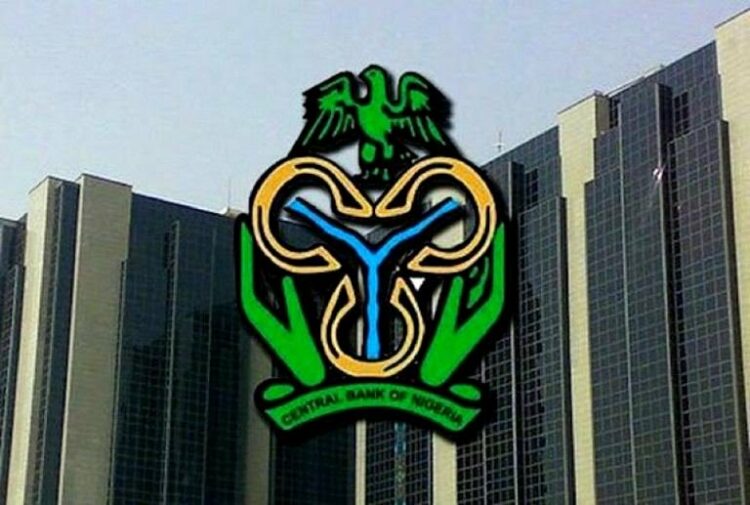The Central Bank of Nigeria (CBN) has projected that Nigeria’s gross domestic product (GDP) will grow at 4.17 per cent.
CBN’s deputy governor, economic policy directorate, Muhammad Abdullahi, disclosed this at the 11th edition of the ‘National Economic Outlook: Implications for Businesses in 2025,’ held in Lagos, organised by the Chartered Institute of Bankers of Nigeria (CIBN) centre for financial studies in collaboration with B. Adedipe Associates Limited.
The CBN’s projection is above the 3.2 percent economic growth forecast by the International Monetary Fund (IMF).
Abdullahi said the economic projections remain optimistic as ongoing fiscal and monetary reforms are already paying off, with GDP expected to increase from the 3.36 percent recorded in 2024.
According to him, the projected growth is driven by the sustained implementation of government reforms, steady crude oil prices, and improvements in domestic oil production.
He pointed out that a stable exchange rate would be essential in sustaining the positive trajectory, while ongoing economic reforms are expected to drive a reduction in the inflation rate.
“Achieving the targeted inflation rate of 15 percent in 2025 will require effective collaboration between monetary and fiscal authorities, alongside private sector participation for a stable economic environment,” the deputy governor stated.
He said the CBN would focus on ensuring price stability and enhancing the financial sector to facilitate the growth of small and medium enterprises (SMEs) and critical sectors for businesses to thrive.
Abdullahi further noted that the country’s evolving policy landscape offers both challenges and opportunities for business growth, adding that “the government is making deliberate strides to diversify its revenue streams and reduce dependence on the volatile oil sector.”
“Through ongoing tax reforms aimed at broadening the tax base and improving collection efficiency, the government is working to establish a more sustainable fiscal environment.
“While these reforms may present challenges in the short term, they are essential for building a more resilient and diversified economy in the long run. As businesses, it is crucial to adapt to these changes, understanding that they will ultimately strengthen the economic foundation for future growth,” he added.
In his address, Pius Olanrewaju, CIBN president, said the year 2024 brought a mix of challenges and opportunities.
He said the GDP indicated a gradual recovery despite global and domestic economic pressures.









